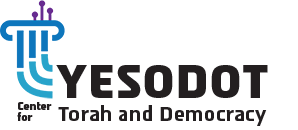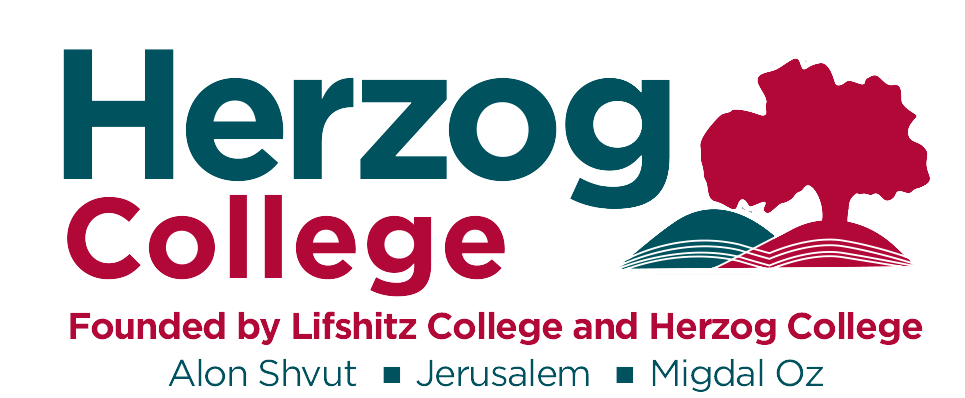Let’s Just Listen
Over the years, we have become used to shutting ourselves off to preserve the sanctity of our communities and the righteousness of our path. Shalom Weil asks in the simplest possible way – what if we let go of all that we deem correct — even for a moment — and simply listen?
For the past two years, I have spent most of my time traveling nationwide to hold discussion sessions with educators. I have discovered an intolerable gap between what I hear on the radio when I am on the road and what I hear in in-depth meetings with educators from all over the country.
“As surprising as it may seem, it is possible to assume that the other person may be wrong but is still a good person who is sincere in his words and beliefs.”
It’s not that educators are more likely to feel solidarity with other groups. The tone may be less sharp, but we have all grown accustomed to assuming that others are almost always wrong due to poor education or ignorance. Anyone who is nearly tempted to believe that the other person’s intentions are good will hear from those around them that the other person employs self-serving manipulation to turn others into “useful idiots.” And if all this isn’t enough, we have become accustomed to belittling and dismissing others by using generalizations like “messianic,” “progressive,” “draft-dodger,” “the enemy from within,” “poisonous,” and more.
But it doesn’t have to be this way. We are capable of stopping automatic habits and diverting extraneous thoughts. As surprising as it may seem, it is possible to assume that the other person may be wrong but is still a good person who is sincere in his words and beliefs. This movement, in which the conversation turns around, can only exist when I begin to listen instead of convincing or determining- to listen deeply, to try to understand and clarify, to want to understand the main points of the other person’s worldview, and to try to see the complex logical process that he weaves for himself.
The world is more complex than slogans.
Each time we jump impulsively to hear news about the war or the hostage deal (a disgraceful concept in itself), we are thrown into a space where identity politics plays a polarizing, uncompromising, simplistic role. Tell me how you dress, where you come from, or where you live, and I will tell you your terribly simplistic opinion on complex issues that require seriousness and critical thinking.
Polarization is a cruel game all over the world, but the local version in our region and country leaves enormous voids and pain, fracturing the complex decision-making spaces of the silent and bleeding majority in our country. Are the people of Zion really either democratic or Jewish? Are the residents of Israel really either supporters of a decisive victory or in favor of a peace agreement? Are the country’s citizens really in favor of judicial reform or judicial independence? Come now. We are all far more complex than these monotonous slogans.
Returning to the Sources – The Dispute Between the House of Hillel and the House of Shammai
In several well-known disputes between Beit Hillel and Beit Shammai, such as the issue of lighting Hanukkah candles, halakha was fixed according to Beit Hillel. The reason for this is fascinating and surprising and appears in the Babylonian Talmud, Tractate Eruvin (13): “Why did Beit Hillel deserve to have the halakha fixed according to their views? Because they were agreeable and forbearing, they would teach both their own teachings and those of Beit Shammai, and what is more, they prioritized the words of Beit Shammai over their own words.”
The deep and wise Jewish tradition that, to a large extent, profoundly influenced the founders of the humanist-democratic concept that dominates the global West sees in the idea of dispute the glory of human departure. This concept significantly undermines the concept of absolute truth, which did and still controls the world and the people. Judaism has celebrated the principle of dispute since the dawn of time and has glorified the ruling that knows how to accommodate the opposing opinion that has been rejected.
This year, I saw a Torah scholar light a pair of menorahs on Hanukkah, one halachic, according to the Beit Hillel method, and the other non-halachic, according to the Beit Shammai method. He reminded me that the depth of the Beit Hillel method is to bring and precede the opposing method, which is why he does this every day of the festival.
The Gemara itself is the greatest and most magnificent book of disputes and clarifications in human history, and many of the principles of democracy are learned from the method of study brilliantly conducted by Ravina and Rav Ashi. It could be suggested that the Babylonian Talmud is the greatest book of democracy in the world. How, then, can one dare to say that Judaism and democracy fundamentally contradict each other?
“The key to a more fruitful, genuine, and stable social discourse is not found among those who divide and polarize in the media and politics, but among the local leadership, among community members who meet with people.”
I am not naive- there are many structural and essential contradictions between liberal philosophy and Jewish philosophy in its various forms, but they have far more in common than that which divides them, and it is especially worth looking at the context of the goals of the concept, how it was formed, and the target audience, the nation, the person, or the world.
The key to a more fruitful, genuine, and stable social discourse is not found among those who divide and polarize in the media and political arena but among the local leadership, among the community members who meet with people and see their pain and complexity, who suspend quick judgment and listen deeply. There is a side to them that is somewhat childish, innocent, naive, believing, and curious. Many people in our nation and around the world have already pointed out that great leaders and righteous men were often also a little naive, and that was their great power that swept others away with their innocence and sincerity. Some have called this vital movement “Second Innocence,” based on Rabbi Nachman of Breslov’s brilliant outlook, who embodied these principles and concepts in his personality and life story.
The solution is to listen deeply.
I want to suggest that the educators who come into contact with all of our children and teenagers, and the educators who also educate our adults, are the ones whose job it is to hold the profound and simple ancient knowledge of a complex discourse that is adapted from and connected to our glorious Jewish heritage, along with our being part of the family of nations.
Specifically now, after all that we have been through and will continue to go through, the time has come to return to a childlike and straightforward perspective, to listen deeply to our educational leaders, and to discover that listening to those who think differently from me can be intriguing even if I do not necessarily agree with them. From there, together, we will lay the foundations for a deep and genuine perspective—one that will define today’s renewed Israeli alliance.
The writer is the CEO of Yesodot – The Center for Education, Torah, and Democracy.


